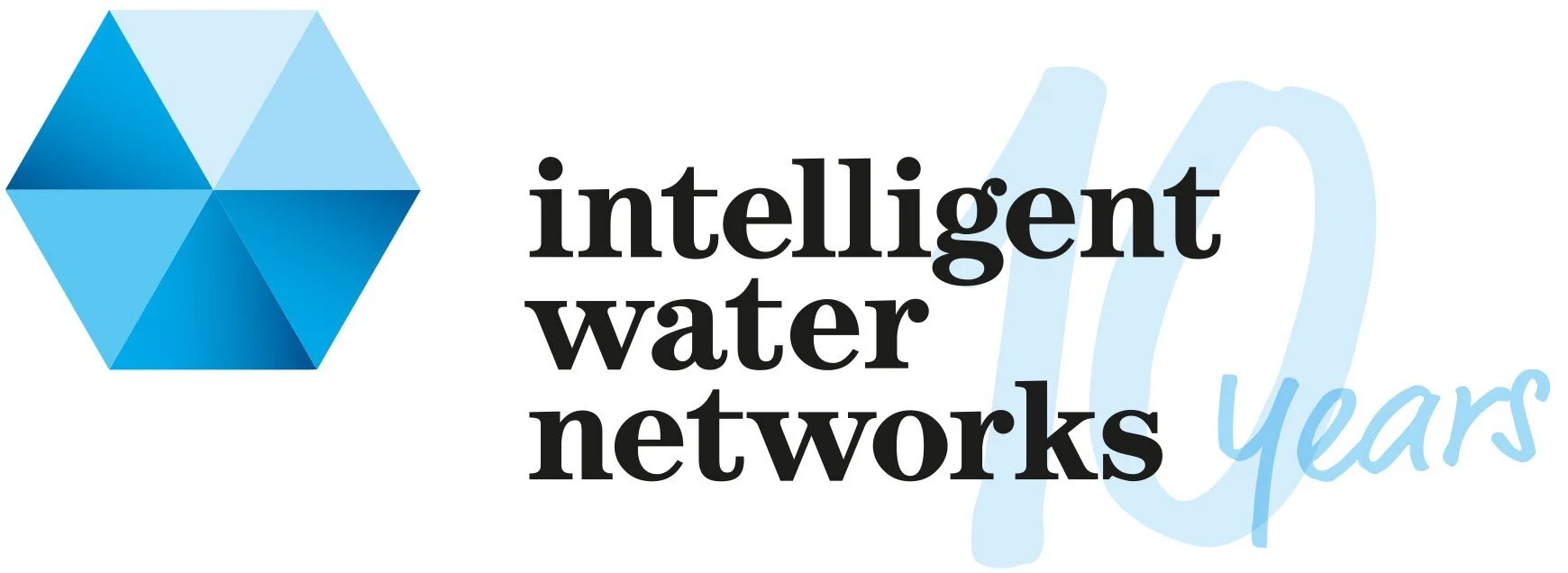Anti-Ingestant Project
Background
Non-compliant customer plumbing, or cross-connected pipework, has led to rare but potentially serious incidents of drinking water contamination. There have been cases of recycled or untreated water infiltrating Australian schools, homes, recreational spaces and workplaces. Regular physical audits of properties for cross connections are expensive and intrusive.
Description of project
Anti-ingestant chemicals add a distinct odour, taste or colour to water (similar to the pungent additive in odourless natural gas) and can warn of contamination. In April 2016, Yarra Valley Water (YVW) proposed investigating whether adding an anti-ingestant to their Class A recycled water supply would prove to be a cost-effective method of alerting property owners of cross-contamination. The anti-ingestant under consideration was Bitrex® (denatonium benzoate), a bittering agent identified in a study of potential anti-ingestants by Sydney Water.
The proposed trial had three stages:
1. Peer and expert review of work completed by YVW and Sydney Water, and analysis of the environmental, health and legal risks.
2. Provided the risk is acceptable, Bitrex® dosing of the Class A recycled water supply to 500 residential properties in YVW’s service area, over several days.
3. Evaluation and report to the IWN Executive Group, including an assessment of the findings’ applicability to other water corporations.
Results of project
In Stage 1, the project team led by YVW found that there were significant knowledge gaps regarding the impact Bitrex® would have on water that may be consumed, and the effect it would have on the environment. Based on the information available, the project team found that adding Bitrex® to the recycled water supply may present an unacceptable public health risk and could accumulate in the environment with detrimental effects. Therefore, the trial did not proceed to Stage 2.
Further research is required to comprehensively determine the viability of using Bitrex® in recycled water. However, a positive result is considered unlikely, so further research is not recommended.
Next steps
It is proposed that a detailed evaluation report should be completed by December 2017 to capture the project findings. Upon completion of the Evaluation Report, the project will be closed and will not proceed to the field trial stage.
